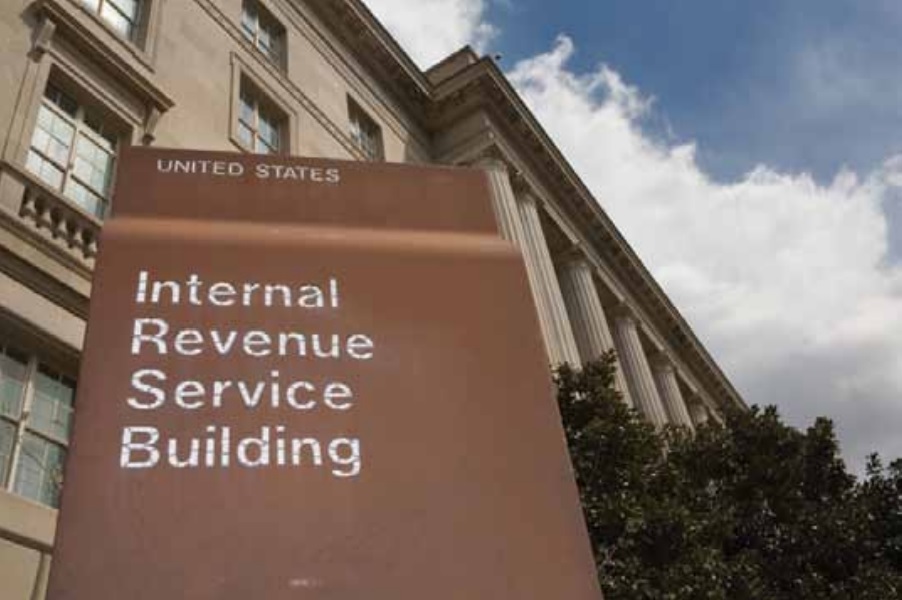Pulpit Freedom Sunday is an event associated with the ADF Pulpit Initiative, a legal effort designed to secure the First Amendment rights of pastors in the pulpit. The Pulpit Initiative is part of the larger ADF Church Project. Participating pastors preaching on Pulpit Freedom Sunday will address the subject of current candidates for office, including the positions held by those candidates, in light of Scripture.
“Pastors and churches shouldn’t live in fear of being punished or penalized by the government—in this case, the IRS,” said ADF Senior Legal Counsel Erik Stanley. “ADF is not trying to get politics into the pulpit; we want to get government out of the pulpit. Churches should be allowed to decide for themselves what they want to talk about. The IRS should not be the one making the decision by threatening to revoke a church’s tax-exempt status.”
Pastors spoke freely from the pulpit, even about specific candidates and elections, without worrying about tax exemptions until 1954 when Congress passed a tax code amendment proposed by then-Sen. Lyndon Johnson that prohibits any speech favoring or opposing a political candidate. Since the addition of the Johnson Amendment to the Federal Tax Code, the IRS has issued increasingly vague guidance on the law but has continued to launch investigations while avoiding court review of the constitutionality of its actions.
Groups such as Americans United for Separation of Church and State have taken advantage of the vagueness of the tax law and have reported churches to the IRS in an attempt to remove their tax-exempt status. The most recent example involves a South Dakota church that AU reported to the IRS in June.
“The IRS should not be used as a political tool to advance the agenda of radical groups bent on silencing the voice of the Church and inhibiting religious freedom,” Stanley explained. “It is ironic that a group with a name like ‘Americans United for Separation of Church and State’ continues to exploit a scheme of massive government monitoring and surveillance of churches.”
“The real effect of the Johnson Amendment is that pastors are muzzled for fear of investigation by the IRS,” he added. “Rather than risk confrontation, many pastors have self-censored their speech, afraid to apply the teachings of Scripture to specific candidates or elections. As in years past, the participants in Pulpit Freedom Sunday 2010 are taking a stand against being intimidated into sacrificing their First Amendment rights.”
ADF is a legal alliance of Christian attorneys and like-minded organizations defending the right of people to freely live out their faith. Launched in 1994, ADF employs a unique combination of strategy, training, funding, and litigation to protect and preserve religious liberty, the sanctity of life, marriage, and the family.
